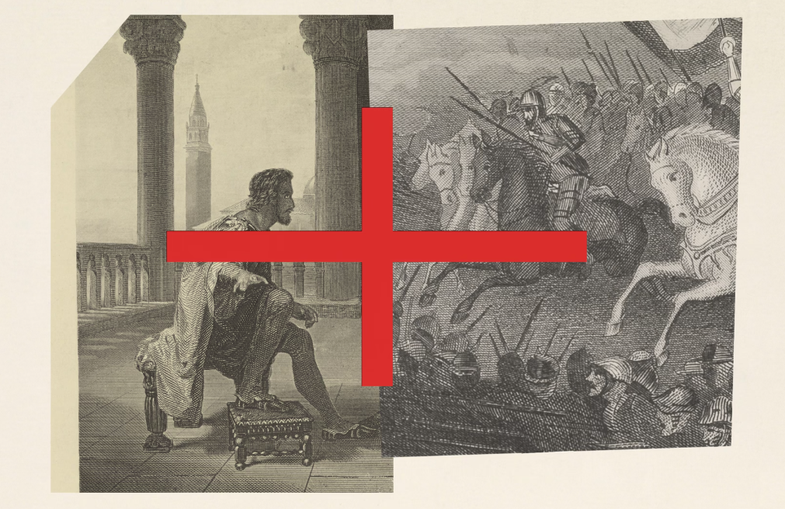
Shakespeare's "Othello" has long been understood as a drama about race, love, and jealousy. But it's also a drama about soldiers experiencing what we now call post-traumatic stress disorder (PTSD) .
In March 1947, a judge in the Bronx, New York, thought so when he sentenced a war veteran to a reduced prison sentence. The 23-year-old had returned from World War II after four years of fighting in Europe and was convinced that his young wife had cheated on him and ended up killing him.
When police arrived at the scene, the soldier “was in a state of lethargy and seemed unaware that his wife was dead.” Before going to trial, he was taken to the hospital for a psychiatric evaluation. The judge compared the soldier’s actions to those of Othello and reduced his prison sentence.
Shakespeare introduced PTSD in “Othello” through the character’s actions and symptoms after many years at war. Othello shows signs of post-traumatic stress, such as outbursts of anger, paranoia, depression, and epileptic seizures . He suffered from the trauma of the war, which led him to be jealous and violent towards Desdemona. Shakespeare also uses characters like Lady Percy in “Henry IV” to illustrate symptoms similar to PTSD, including anxiety and feelings of helplessness .
The term PTSD only entered the lexicon in the early 1980s, after the Vietnam War. Previous wars had other names for it, such as: battle fatigue, soldier's heart, war neurosis, shell shock.
People today can also experience PTSD from other significant traumas. Some common triggers for PTSD include physical or sexual abuse, serious accidents, witnessing violent crimes, natural disasters such as floods or earthquakes, and the loss of a loved one. Childhood trauma, such as neglect or abandonment , can also have long-term effects. Many individuals can also develop PTSD due to everyday events, such as extreme pressure at work, severe experiences of discrimination, or witnessing a violent act, such as in situations of civil war or terrorism.
Treatment for PTSD has advanced greatly over the decades, but it still remains a challenge for many individuals dealing with the effects of war trauma and other triggers of the disorder. As the story of Othello demonstrates, the impact of psychological trauma has always been present and remains an important theme in understanding human nature and the consequences of war.
Suggested articles:
Source: The Atlantic





